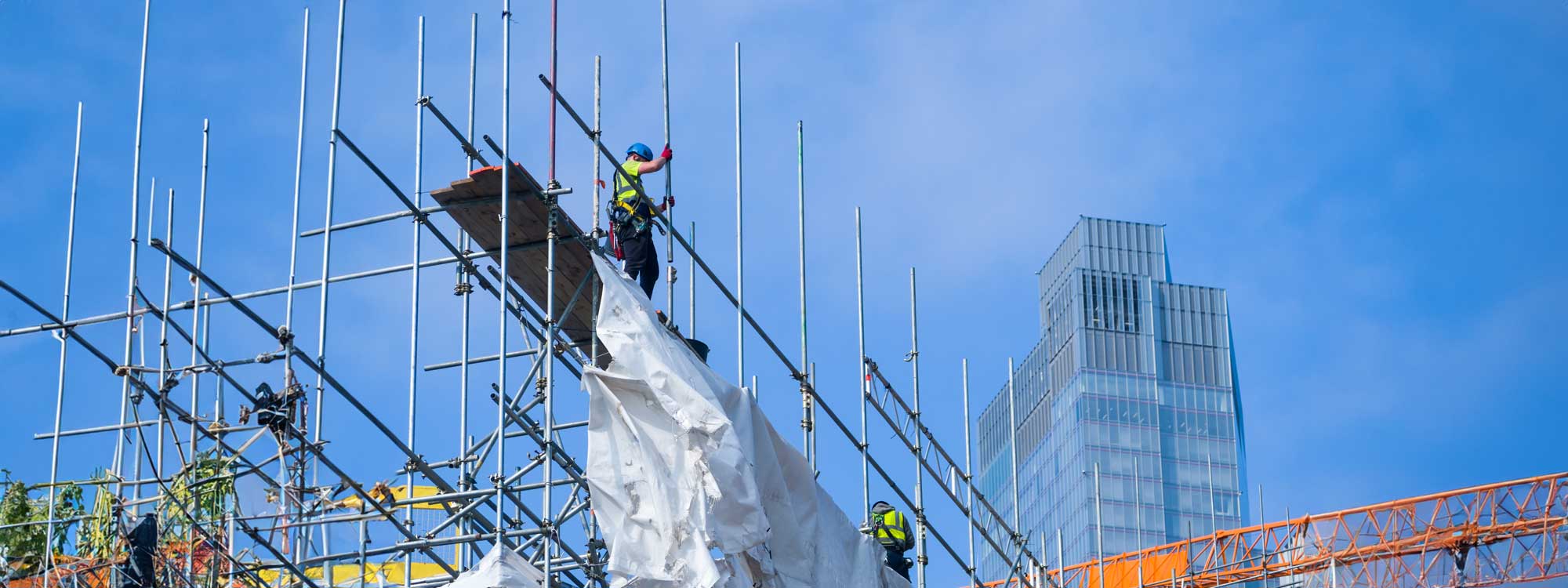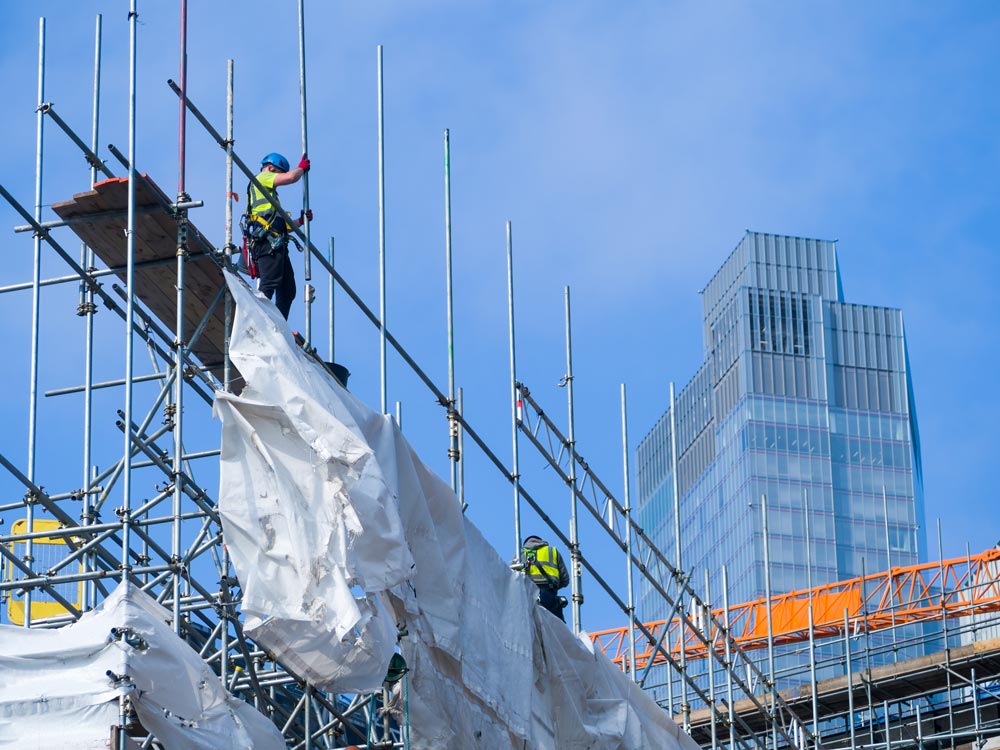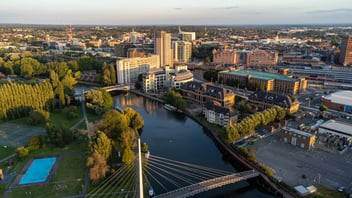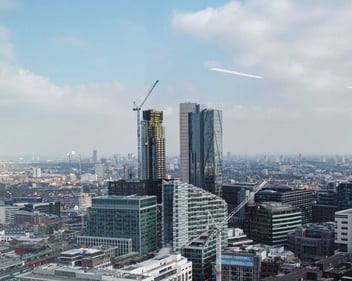In the perpetual quest to meet London's housing demands, an innovative solution is taking root – rooftop extensions. This modern remedy can not only provide existing homeowners with additional room, but also addresses the pressing issue of limited new housing stock in the city. Some experts even estimate that rooftop builds, often referred to as "airspace developments," could potentially support up to 630,000 new homes on the roofs of London's buildings. In this blog post, we'll explore how rooftop extensions can contribute to the housing supply solution, and outline the planning complexities involved in transforming the London skyline.
Maximizing limited space
London, with its historic architecture and bustling urban environment, faces a persistent challenge in meeting the ever-increasing demand for housing. Rooftop extensions offer a logical and practical solution to this issue by maximizing the use of existing structures. Instead of sprawling outward, developers are looking upward, making efficient use of the limited available space in a city where every square metre is valuable real estate.
Urban density and sustainability benefits
The vertical expansion facilitated by rooftop extensions aligns with the principles of urban density, a key consideration in sustainable city planning. Rather than spreading developments across the city, rooftop extensions contribute to a more compact and energy-efficient urban landscape. This approach not only meets the growing demand for housing but also promotes sustainable living practices, such as leveraging existing transport infrastructure - a critical factor in the face of global environmental challenges.
Navigating planning permissions
Undoubtedly, the road to realizing a rooftop extension in London is paved with planning complexities. The city's rich architectural heritage and stringent regulations demand careful consideration and expert guidance. Freeholders looking to embark on such projects must navigate the intricacies of planning permissions, ensuring that their vision aligns with local guidelines. However, if adjacent properties are already higher than a potential development, there is a precedent that can smooth this process. Collaborating with experienced partners (including architects, developers and contractors) and engaging in thorough consultations with planning authorities becomes imperative to overcome these hurdles.
Preserving aesthetic integrity
London's charm lies in its diverse architectural landscape, encompassing everything from historic Georgian townhouses to contemporary glass structures. Rooftop extensions must strike a delicate balance between meeting the demand for additional housing and preserving the aesthetic integrity of the city. This challenge is met by architects who carefully design extensions that complement the existing structure, blending seamlessly into the neighborhood while providing a modern touch.
Affordable housing solutions
Rooftop extensions, when strategically implemented, contribute to the creation of more affordable housing options. By making efficient use of existing buildings, the property sector can add value and utility to existing structures without the need for large-scale developments. This approach aligns with the broader goal of making housing more accessible and inclusive in a city where affordability remains a significant concern.
In the ever-expanding tapestry of London's skyline, rooftop extensions emerge as a pragmatic solution to the dual challenges of housing supply and planning complexities. By capitalizing on vertical space, these extensions not only address the immediate need for more housing but also contribute to a sustainable and aesthetically pleasing urban environment. As Londoners look to the skies for solutions, rooftop extensions prove to be a transformative force in shaping the future of housing in the heart of the city. The potential to support hundreds of thousands of homes through "airspace development" adds a compelling dimension to the conversation, offering a glimpse into the vast possibilities that lie above the city's existing buildings.
Shojin is delighted to work with Dekra London to fund a new rooftop development in West Hampstead.
Visit the Shojin Portal to see full details of this exciting investment opportunity.






















